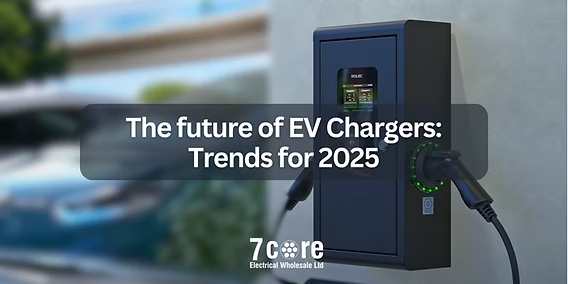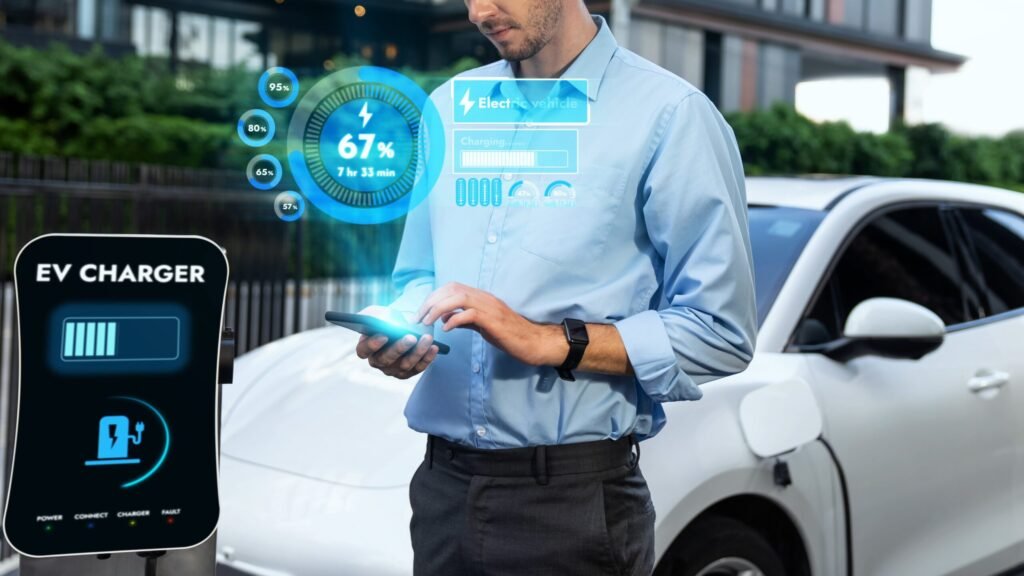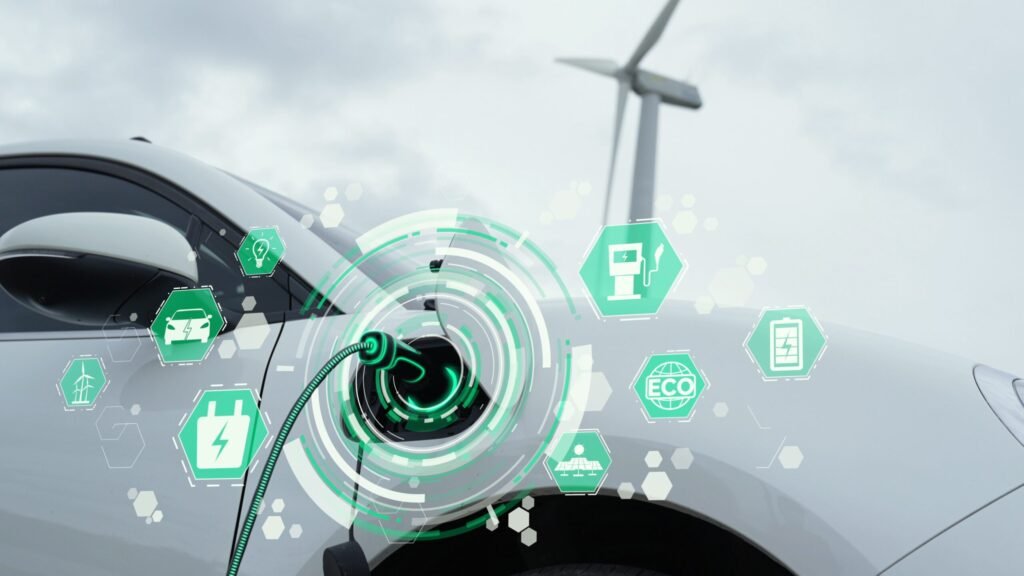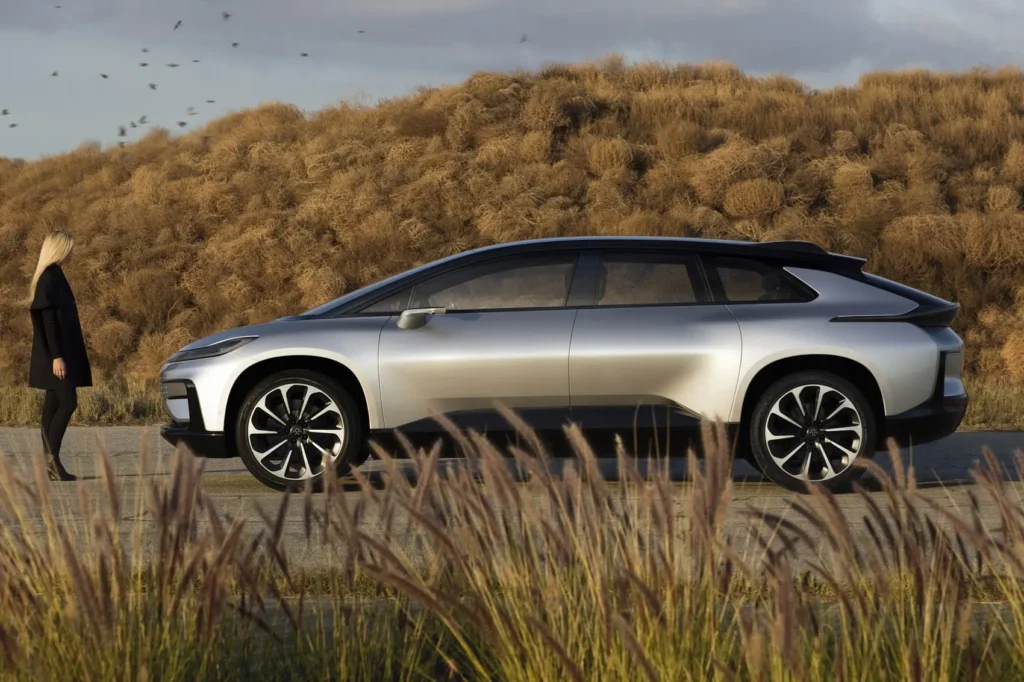A Transformational Year for EV Charging
2025 isn’t just another year for electric vehicles — it’s a tipping point. With record EV adoption, billions in infrastructure investment, and tech breakthroughs happening monthly, EV charging is evolving fast.
Here are the top 7 EV charging trends to watch in 2025, based on industry shifts, innovation, and real-world deployment.
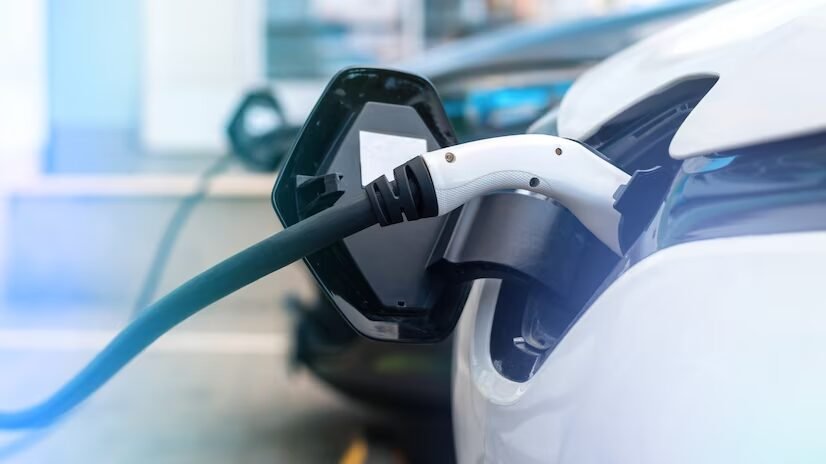
1. Ultra-Fast Charging Becomes Standard
Say goodbye to hour-long waits. Chargers delivering 250–350 kW (adding 100+ miles in under 10 minutes) are becoming the new standard on highways and metro corridors.
What’s driving it?
- New EVs with 800V+ architecture
- NEVI-funded stations (U.S. federal program)
- Growing demand for speed parity with gas stops
Watch for:
Electrify America, Ionity, and Tesla are rolling out Gen 4 chargers with faster power and cooler cables.
2. AI-Driven Fleet Charging Takes Over
AI is now central to fleet management platforms, helping optimize:
- Charging schedules
- Energy usage
- Vehicle downtime
This trend is critical for:
- Amazon-style delivery fleets
- Municipal buses and government vehicles
- Last-mile logistics
Tools to watch: ChargePoint Fleet, Geotab, Ampcontrol
Related: AI-Driven Charging for EV Fleets
3. Predictive Charging & Grid-Sync Tech
Utilities and charging networks are adopting predictive models to align EV charging with:
- Grid capacity
- Weather patterns
- Renewable energy availability
This reduces strain on the grid while cutting costs for users.
Use case: Your EV charges when wind energy is peaking — automatically.
Related: Predictive Charging: Reducing Grid Stress with Smart Data
4. Off-Grid & Solar-Powered Charging Goes Mainstream
In rural areas, national parks, and vanlife communities, we’re seeing rapid adoption of:
- Solar + battery off-grid charging
- Portable EV power stations
- Mobile solar charging trailers
Why it matters:
No grid? No problem. The future of EV charging includes energy independence.
Related: How to Set Up EV Charging in Off-Grid Areas
5. Ad-Supported & Free Charging Models Expand
Brands are subsidizing EV charging in exchange for:
- Ad impressions (e.g., Volta)
- Purchase incentives
- Loyalty programs
Expect to see ad-supported stations at:
- Malls
- Grocery stores
- Event venues
Related: What is Ad-Supported EV Charging & Is It Sustainable?
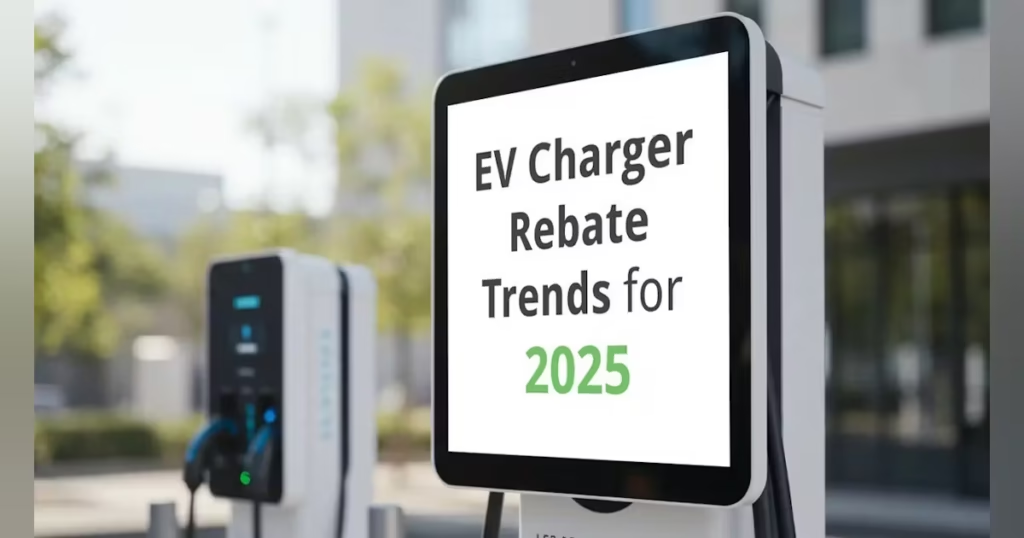
6. SaaS is Now the Backbone of EV Infrastructure
EV charging is no longer just hardware — it’s powered by software-as-a-service (SaaS) platforms that manage:
- Uptime
- Dynamic pricing
- User apps
- Grid coordination
Every serious charging operator now uses EV SaaS to scale and monetize.
Related: SaaS Tools That Power EV Infrastructure
7. Entrepreneur-Led Charging Networks Are on the Rise
2025 is seeing a surge in small-to-mid-sized charging startups. Thanks to:
- Easier access to government funding
- White-labeled SaaS tools
- Franchise-ready hardware
From urban hubs to rural highways, private charging entrepreneurs are filling the gaps left by big networks.
Related: How to Start and Scale Your Own EV Charging Network
Bonus Trend: Tesla’s NACS Plug Becomes the Default
With Ford, GM, Rivian, and others adopting Tesla’s NACS standard, expect most new chargers to be NACS-compatible by default, pushing CHAdeMO and even CCS toward obsolescence.
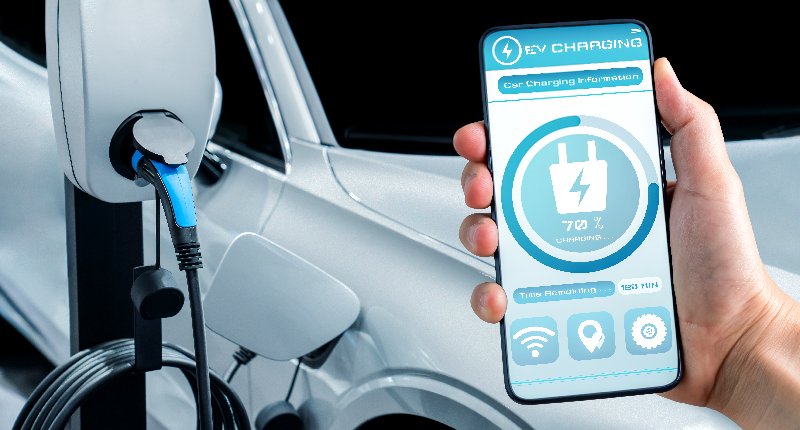
Final Thoughts
EV charging in 2025 isn’t just about plugging in — it’s about intelligent systems, faster charging, more access, and smarter energy use. Whether you’re an EV owner, fleet operator, or infrastructure startup, staying ahead of these trends will keep you charged up for the road ahead.
Dive deeper:
- Smart Grid EV Charging: A Utility-Scale Overview
- How Mobile EV Charging Works + Best Use Cases
- Top 5 Places to Charge Your EV for Free in 2025
Subscribe to VoltDriveHub to follow every EV charging shift, startup tool, and infrastructure update.

